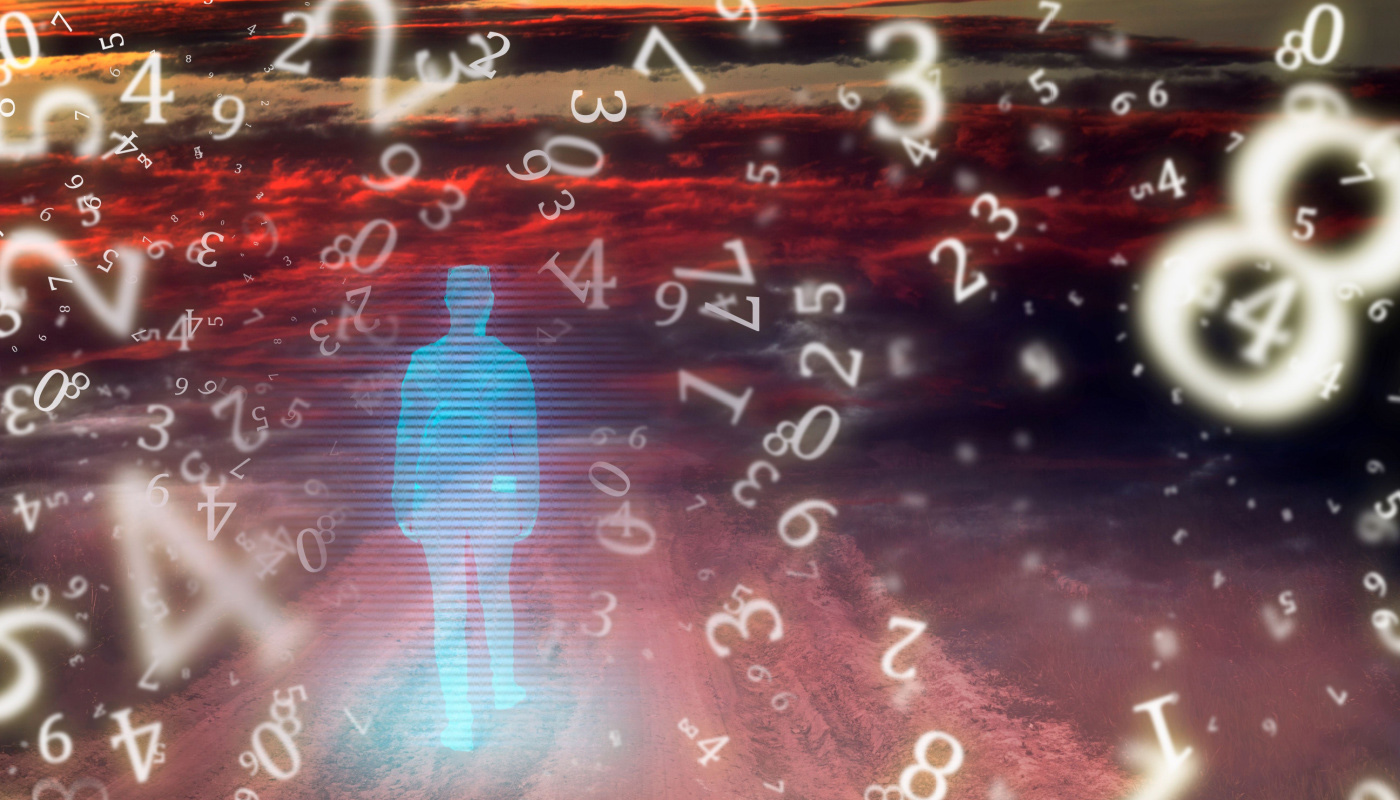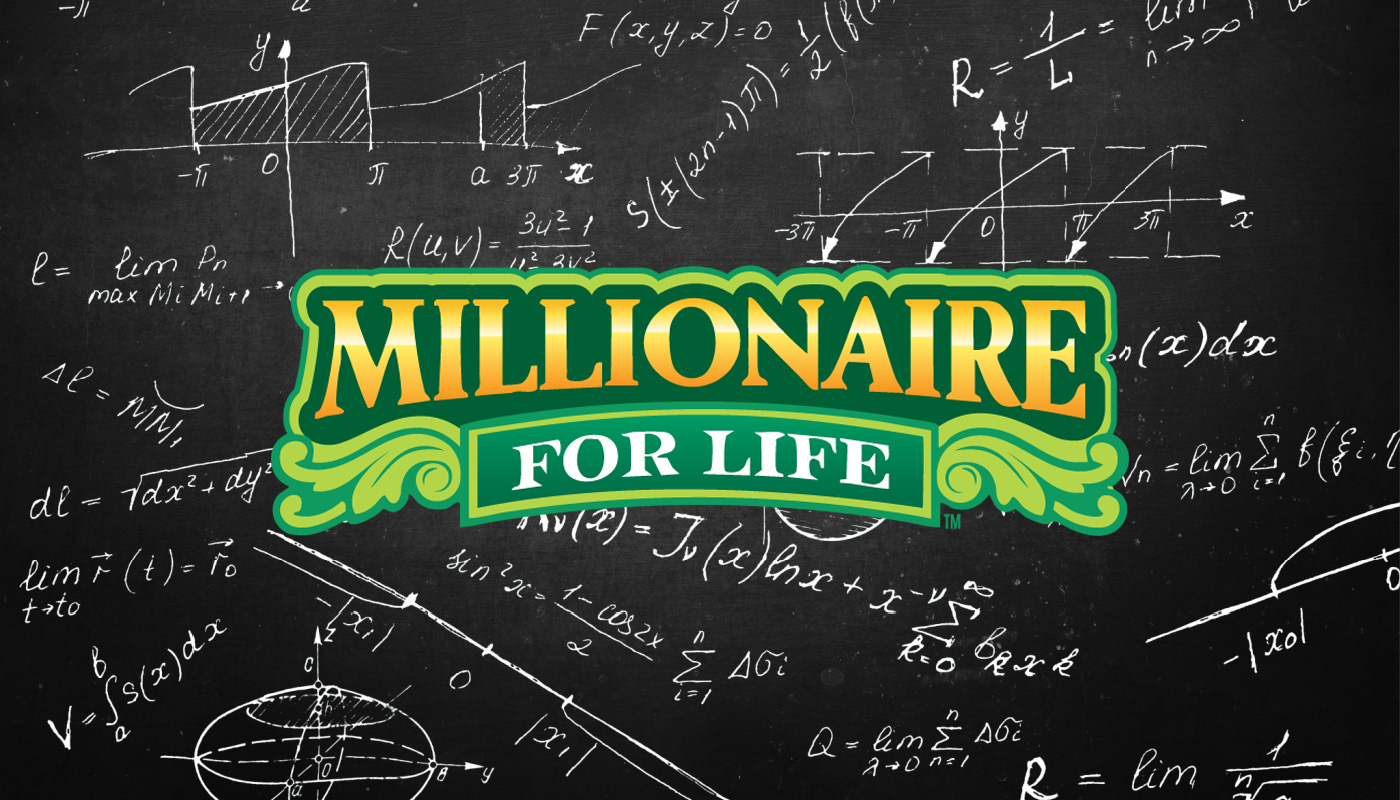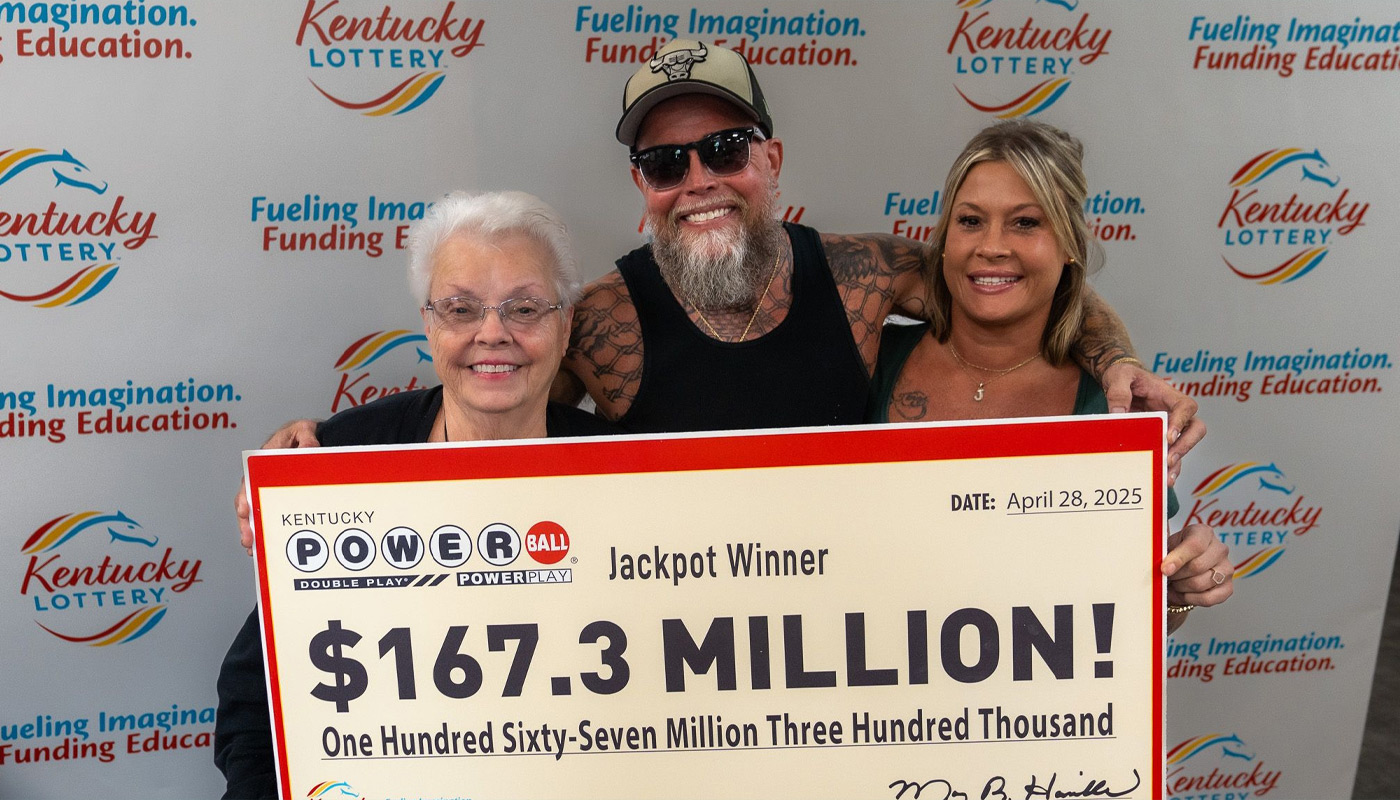
News writer
Science or Sentiment? Strategizing the Optimal Way to Pick Lottery Numbers? Do you believe in 'lucky' or 'magic' numbers?
Originating as an educational SchoolHouse Rock song for young children, the song entitled “Three is a Magic Number” puts a lot of stock into the specialness of a particular number.
With lyrics such as the following, the idea of locking onto a special number (in this case - 3) or a series of numbers produced by multipliers of 3 can hold great appeal:
Three is a magic number
Yes it is, it's a magic number
Somewhere in that ancient mystic trinity
You get three as a magic number ...
It takes three legs to make a tripod or to make a table stand
And it takes three wheels to make a vehicle called a tricycle
Every triangle has three corners, every triangle has three sides
No more, no less. You don't have to guess
When it's three, you can see
It's a magic number
- Three is a Magic Number, Schoolhouse Rock Track 4 on Multiplication Rock. Featuring Bob Dorough. Produced by Schoolhouse Rock.
So much so that in 2019, honing in on the significance particular numbers can have on players, The National Lottery (the official lottery of the UK) incorporated the song into their ginormous 25th-anniversary campaign, playing it as a background track and essentially making it their theme song across the board.
Yet, just because the song pays homage to the pantheon of multiples of 3x, by no means does this mean 3 is everyone's magic number—especially when it comes to devoted players of the lottery. Rather, as a collective group, lottery players are known to be a highly selective bunch when picking their numbers.
Over the years, much debate has taken place as to whether one's winning the lottery is more a random event or a predictive one. In fact, lottery 'experts' such as Richard Lustig, the seven-time jackpot pot winner and author of Increase Your Chances of Winning the Lottery, have even stated, “In theory, lottery results should be random; a game of chance.”
Yet, even some top lottery/statistical experts, including David J. Hand, author of The Improbability Principle, Why Coincidences, Miracles and Rare Events Happen Everyday, have conceded that “In spite of the fact there is no such thing as a winning lottery formula, over time, patterns of winning tickets emerged.”
Naturally, for players, Hand's well-researched observations sound mighty encouraging. The question then is —how does one figure out these repetitive patterns and use them to their winning advantage?
Methodologies for picking numbers
Looking at historical draws and analyzing results over the course of multiple years, certain numbers have reportedly been drawn more times than others. However, as a cautionary reminder, this does not guarantee that this number will always be drawn.
By the same token, though, it does not mean that it won't be drawn either. As an example, if we use 24 — according to Lottery USA's advanced tools Drawn Together and Hot and Cold — this number has repeatedly landed as one of the winning numbers in Powerball draws. Hence, if history shows itself to be a reliable predictor, 24 could prove to be a more reliable pick.
The success that this 'picking system' offers to players is likely the major determinant as to whether they continue to hedge their bets by analyzing past draws as a way of predicting future lottery outcomes.
How, then, should lottery devotees come up with their own optimal numerological lottery strategy?
To help players get started and to offer additional firepower in one's lottery toolbox, a good place to begin may be by looking at historical lottery drawings for both Mega Millions and Powerball to identify the most frequently drawn numbers.
Most winning lottery numbers
Mega Millions
According to Lottery USA, in the past 100 draws, the following five numbers have been drawn the most frequently in the multi-state Mega Millions game:
- 3 - 13%
- 10 - 13%
- 29 - 12%
- 61 - 11%
- 8 - 10%
Powerball
Detailed in a January 2023 article that ran in the Washington Post, changes made to the long-established multi-state game in October of 2015 resulted in a restructuring of the Powerball lottery gameplay whereby 10 white balls (69 up from 59) were added while nine red Powerballs (26 down from 35) were eliminated.
The impact of this is that, under the current format, players may have an easier time winning lower-level prizes.
As a primer to selecting Powerball numbers, players may want to consider the numbers most frequently drawn. Here are the most frequent Powerball numbers in the last 100 draws, according to Lottery USA:
- 24 - 15%
- 25 - 14%
- 27 - 13%
- 34 - 12%
- 63 - 12%
According to Statistical professor Rong Chen of Rutgers University, “Frequency, however, should not be relied upon as an absolute predictor/indicator, rather any combination has the same odds.”
While Chen's views may have significant merit, the possibility that there may be predictive patterns to lottery draws definitely does deliver a dollop of hope to players.
But in case players feel like they don't want to fall into the pitfall of depending solely upon historical drawings, the following are additional number selecting strategies to consider:
Mixing it up/finding balance
Lottery experts advise that, just like with a financial portfolio, players should aim for diversity when picking their numbers:
“Aim for either three odd and two even numbers, or three even and two odd numbers. For the Mega Ball, pick either an even or odd number.”
Regardless of whether players maintain an ideal ratio, the idea is to avoid selecting a play sheet comprised of entirely even or odd numbers. This is because, in reviewing past historical draws, only a handful of winning combinations have been made up of all odd or all even numbers.
Extremes/hot and cold numbers
In reference to the frequency by which lottery numbers are drawn, 'cold' numbers are those that are rarely drawn, while 'hot' numbers tend to appear in the majority of winning draws.
Though some players may remain committed to only playing 'hot' numbers (as logically, one wants to pick a number that is drawn more often than not), by opting for a combination of both 'hot' and 'cold,' players may have a better shot at beating the odds and coming away with a win that only few can claim.
Visit the Lottery USA site for up-to-date lists of the 'hot' and 'cold' numbers for the Powerball and Mega Millions games.
As part of Lottery USA's offerings, players hoping to gain the upper hand may be able to strategically 'up their game' by employing some of the website's sophisticated historical tracking tools. In doing so, they are able to view and thus carefully reflect upon findings related to drawing frequencies across adjustable timeframes.
With the potential to truly take players' number-picking abilities up a notch, Lottery USA's impressive portfolio of tools includes numbered pairs, consecutive numbers (e.g., 2-2-2), and couples' pairings (e.g., 13 and 45), Et al.
Lucky multiplier sequences
As the song referred to in the opening paragraph of this article, “Three is a Magic Number,” implies certain numbers hold special personal meaning and, as such, players may opt to play them more frequently in the belief that “By employing algorithms, players may be able to gain inside track.”
That, or at the very least, add a bit of sentimental or mystical significance to their lottery plays. This is a compelling reason why people tend to pick birthdays, anniversaries, addresses, and/or other meaning-based numerical strings when they play lottery draw games.
In the end, from a quote used by the creator of the fact-checking website Snopes.com, David Mikkelson, “Human beings have an innate tendency to find patterns in randomness and ascribe meanings to those patterns — a phenomenon whose most basic manifestation is something we call 'coincidence': A sequence of events that, although accidental and unrelated, seems to have been planned or arranged."
Where the lottery is concerned, the notion that there is a strategy or a system (the Magic Number Three or some other grand plan) players can learn and master is that which keeps them coming back time and time again - that and the hope of a big pay-off!



















Comments